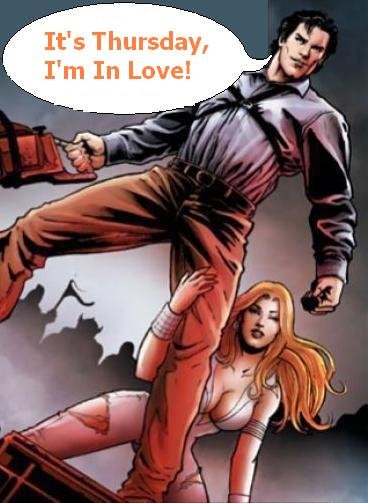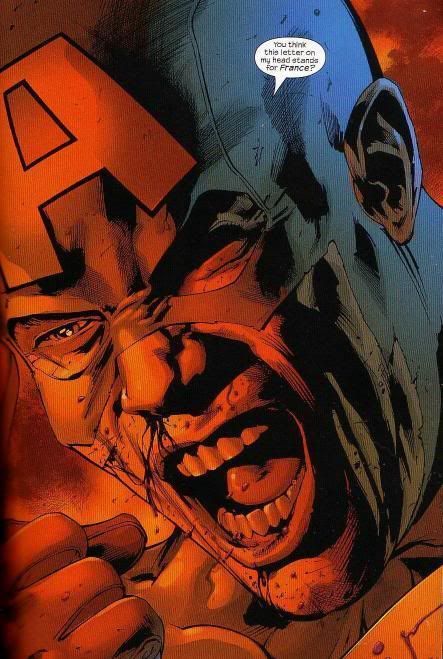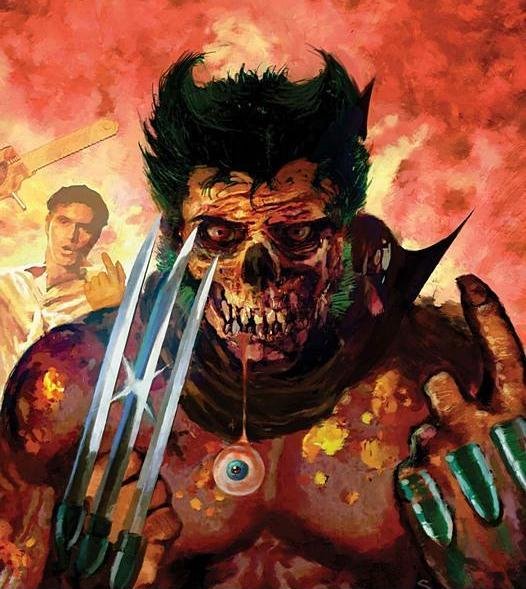[MoCCA] Best Of The Books
[MoCCA] BEST OF THE BOOKS
The Wizard staff sounds off on the future smashes and hidden gems that made MoCCA a comic buying bonanza
By Sean T. Collins | Posted June 26, 2007 5:40 PM |
Come six o’clock in the evening this past Sunday, one question was on the lips of every indie comics fan in downtown Manhattan: What did you get?
Each year, the MoCCA Art Festival sees a blend of books vie for the attention of the comics cognoscenti. From hand-stapled minicomics straight from the local copy shop to phone-book-thick hardcovers from acclaimed indie pioneers, the sequential art that will set the scene for the following year can frequently be found here. Particularly since 2003’s convention, when the one-two punch of Craig Thompson’s rapturous autobiography Blankets (Top Shelf) and editor Sammy Harkham’s trailblazing avant-garde anthology Kramers Ergot 4 (Avodah) debuted to huge sales and huger acclaim, the unofficial title of “Book of the Show” at MoCCA has become one of alternative comics’ most sought-after honorifics.
So what won the hearts and minds of con-goers this year? Wizard Universe lined up the Wizard staffers in attendance to share the books that blew them away. Consider their suggestions a great place to start your summer reading, and a taste of what makes MoCCA a must.
 Brian Cunningham, Executive Editor: “This may be old news by this point, but Alison Bechdel’s Fun Home still impresses the hell outta me. Her panel and reading at MoCCA truly engrossed me and demonstrated how the medium has matured with storytelling as riveting as any classic prose novel. Also while at the festival, I loved the stylish pop-art-meets-’50s-kitsch quality T-shirts being sold by Emily Ryan Lerner (check ’em out at emilyryanlerner.com) and distinctly Watchmen-esque wear from a guy whose name we never got but we have his email (thespanishinquisition@gmail.com)—all really neat stuff. And I was impressed with the raw honesty of a minicomic my girlfriend picked up: Boobage by Monica Gallagher (eatyourlipstick.com). You can laugh at the title, but I was entertained by the author’s humorous confession of how her diminutive bra size negatively impacted her teenage life in a way only a comic book can convey. Oh, and someday, I'll save up to buy some Evan Dorkin Milk & Cheese original art. Someday...”
Brian Cunningham, Executive Editor: “This may be old news by this point, but Alison Bechdel’s Fun Home still impresses the hell outta me. Her panel and reading at MoCCA truly engrossed me and demonstrated how the medium has matured with storytelling as riveting as any classic prose novel. Also while at the festival, I loved the stylish pop-art-meets-’50s-kitsch quality T-shirts being sold by Emily Ryan Lerner (check ’em out at emilyryanlerner.com) and distinctly Watchmen-esque wear from a guy whose name we never got but we have his email (thespanishinquisition@gmail.com)—all really neat stuff. And I was impressed with the raw honesty of a minicomic my girlfriend picked up: Boobage by Monica Gallagher (eatyourlipstick.com). You can laugh at the title, but I was entertained by the author’s humorous confession of how her diminutive bra size negatively impacted her teenage life in a way only a comic book can convey. Oh, and someday, I'll save up to buy some Evan Dorkin Milk & Cheese original art. Someday...”Speaking of Milk & Cheese, I absolutely love the work that Evan Dorkin does. It's irreverent, it's off the wall, it's laugh out loud funny. Check out his Milk & Cheese and Dork Vol.1 and Dork Vol.2 series!







